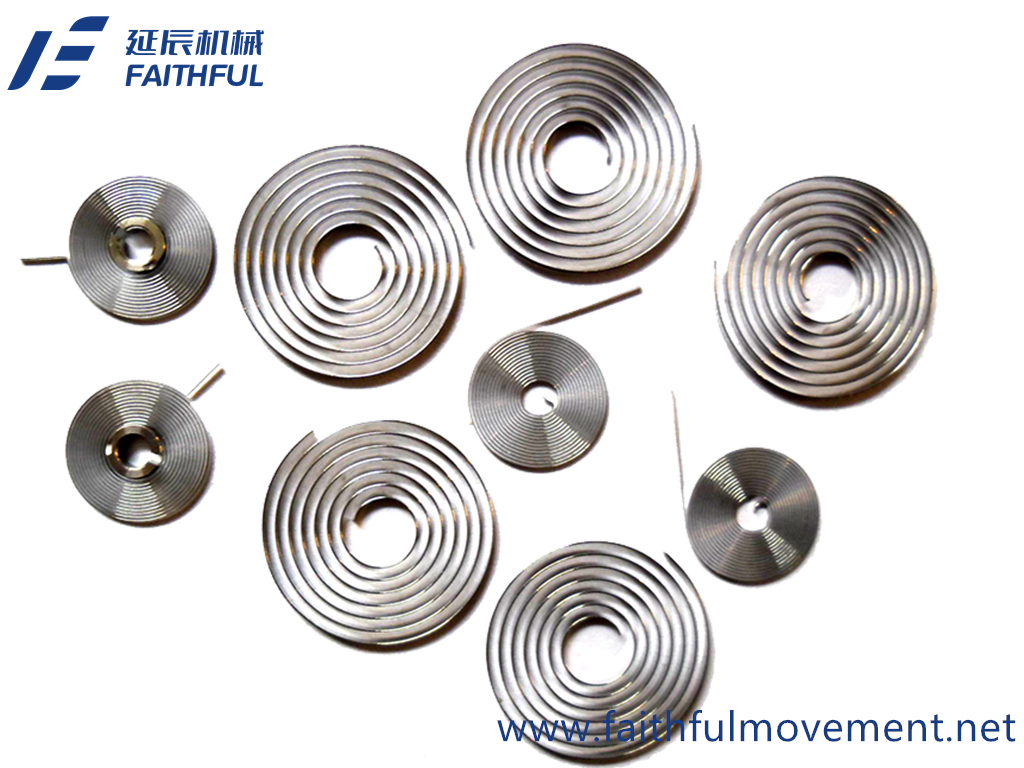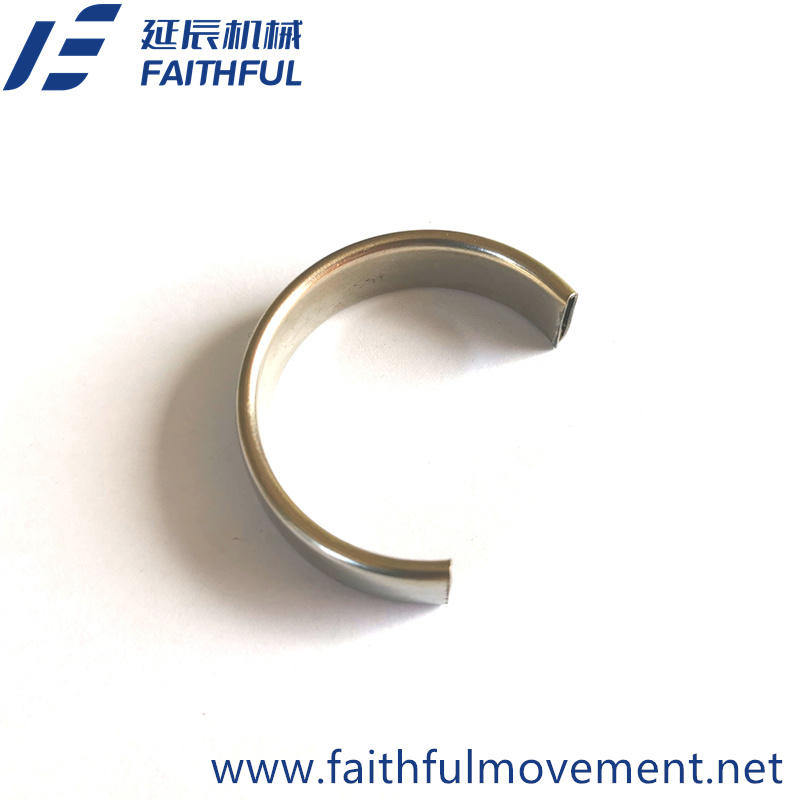Kara Lynch<lynchka4@msu.edu> , Michigan State University Extension - January 29, 2024
Be prepared for canning season by making sure your pressure canner gauge is accurate to prevent foodborne illness. Bimetallic Spring

To safely can low-acid food, it is critical to use a pressure canner. This includes all meat/protein foods, all vegetables (unless they are made to be high-acid, such as in pickled products) and combination foods like soups.
There are two types of pressure canners: weighted gauge and dial gauge. Did you know that if you use a dial gauge pressure canner, then it is important to check it annually for accuracy? Michigan State University Extension offers pressure canner gauge testing for free at most county locations. Without an accurate pressure gauge, you can place those that eat your home-canned food at risk for dangerous foodborne illnesses, such as botulism.
To get your gauge tested, first contact your local county MSU Extension office, as you may need to make arrangements with qualified personnel. Then bring in your gauge or the canner lid. Some gauges can be removed easily, but others can feel like they are cemented to the lid. If you can’t remove it, bring the whole lid in, and the testing can be done while the gauge is attached to the lid. Most all brands can be tested; one exception is the All American® brand pressure canner.
If your gauge is off by more than two pounds of pressure (psi), your gauge is not accurate. This means the food you are processing may not be cooked thoroughly or processed accurately. In this situation, the gauge must be sent to the manufacturer who can replace it. Your local MSU Extension office can also inspect the lid for proper seals and vents.
Weighted gauges use a weight that causes the loud “jiggle” sound that most people commonly associate with home canned foods. Weighted gauges do not need to be calibrated but should always be evaluated for cracked gaskets and clogged steam vents before use.
It is best to do this test annually, for example in the spring, or before you need to use the canner. Don’t wait until the last minute to test it as you need to allow time for sending in the gauge if necessary. MSU Extension also has resources on food preservation, including pressure canning, and recommends following tested recipes and safe food handling when preserving food.
This article was published by Michigan State University Extension. For more information, visit https://extension.msu.edu. To have a digest of information delivered straight to your email inbox, visit https://extension.msu.edu/newsletters. To contact an expert in your area, visit https://extension.msu.edu/experts, or call 888-MSUE4MI (888-678-3464).
Check out the Nutritional Sciences B.S. program!
Check out the Dietetics B.S. program!
MSU is an affirmative-action, equal-opportunity employer, committed to achieving excellence through a diverse workforce and inclusive culture that encourages all people to reach their full potential.
Michigan State University Extension programs and materials are open to all without regard to race, color, national origin, gender, gender identity, religion, age, height, weight, disability, political beliefs, sexual orientation, marital status, family status or veteran status. Issued in furtherance of MSU Extension work, acts of May 8 and June 30, 1914, in cooperation with the U.S. Department of Agriculture. Quentin Tyler, Director, MSU Extension, East Lansing, MI 48824. This information is for educational purposes only. Reference to commercial products or trade names does not imply endorsement by MSU Extension or bias against those not mentioned.
The 4-H Name and Emblem have special protections from Congress, protected by code 18 USC 707.

Bellows Pressure Gauge We comply with the Federal Trade Commission 1998 Children’s Online Privacy Protection Act (COPPA).
